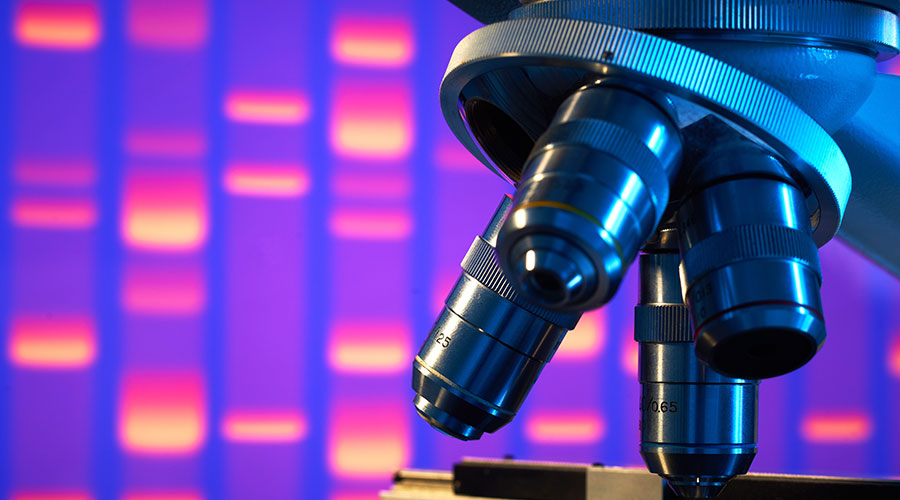Embryonic Personhood and Scientific Research Following the Alabama Supreme Court Decision on In Vitro Fertilization
- March 15, 2024
- David Peloquin , Ropes & Gray LLP
- Leslie Thornton , Ropes & Gray LLP
- Nathaniel Jaffe , Ropes & Gray LLP

The Supreme Court of Alabama reached a landmark decision in LePage, et al. v. Center for Reproductive Medicine, affirming the legal personhood of embryos under Alabama law.[1] Among the consequences that might come from granting embryos legal personhood, commentators have focused on the effect of this decision on the practice of in vitro fertilization (IVF). Immediately following the decision, multiple IVF clinics announced the temporary cessation of services within Alabama, and state and federal legislators rushed to introduce legislation to protect IVF.[2] While analysis has understandably focused on access to IVF, the LePage ruling and the subsequent political attention to embryonic personhood also has the potential to significantly affect scientific research that relies on IVF-derived embryos, such as for the creation of human stem cell lines. Those involved in human embryonic research should keep abreast of legal updates and take appropriate steps to remain compliant with evolving law, as discussed below.
ARTICLE TAGS
You must be logged in to access this content.